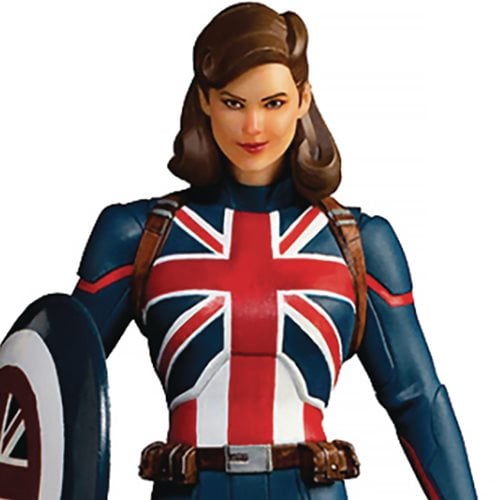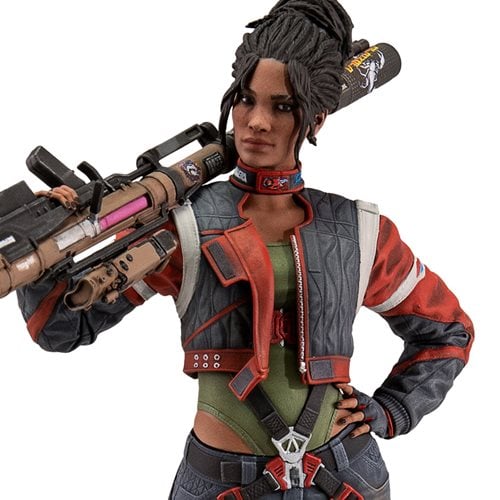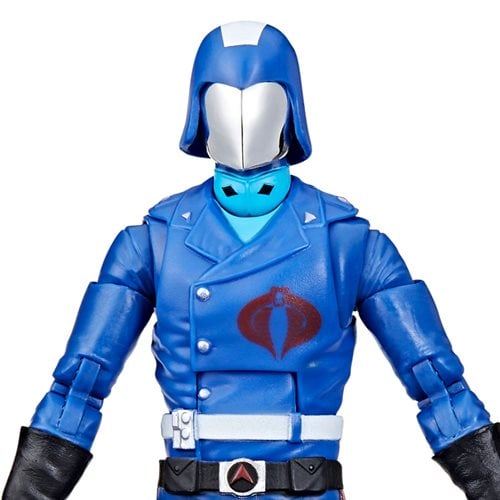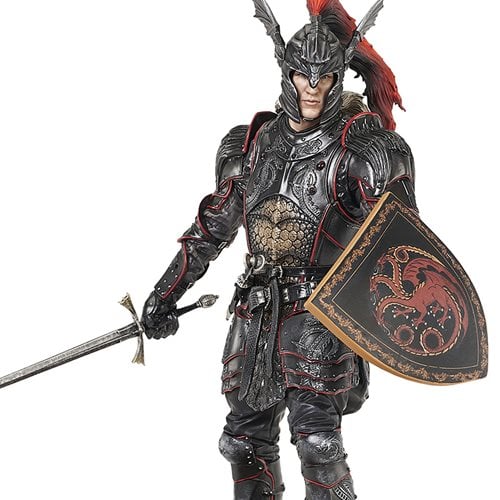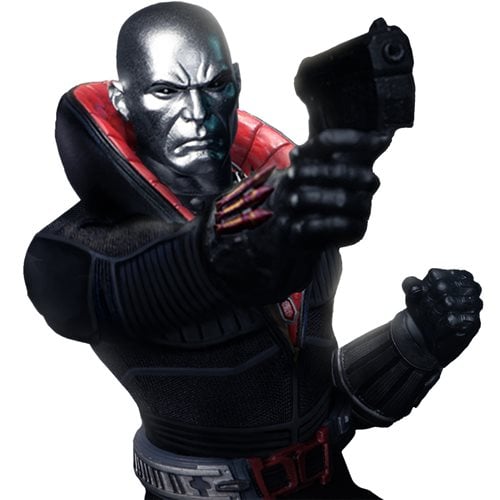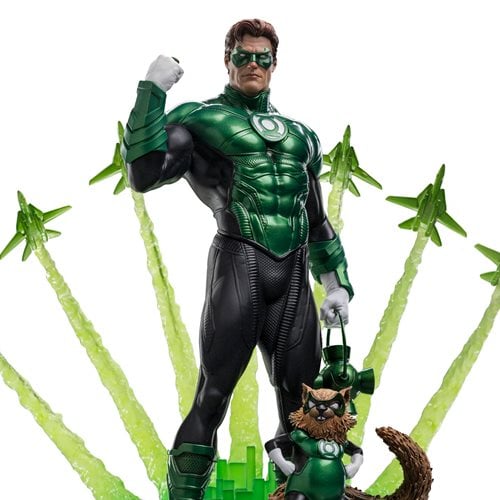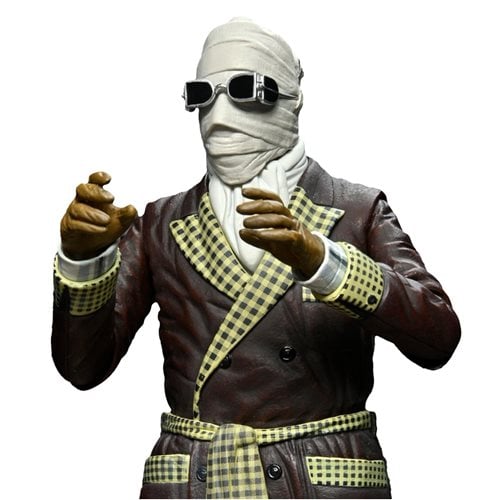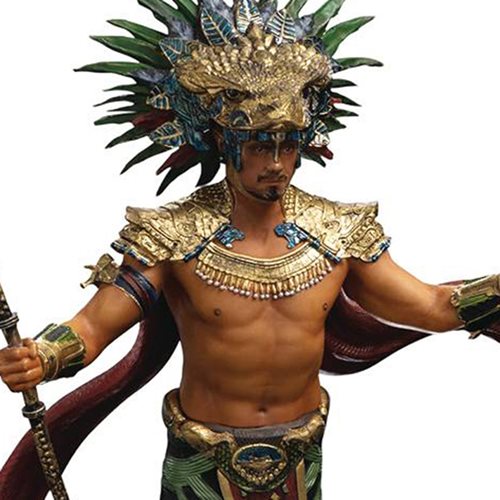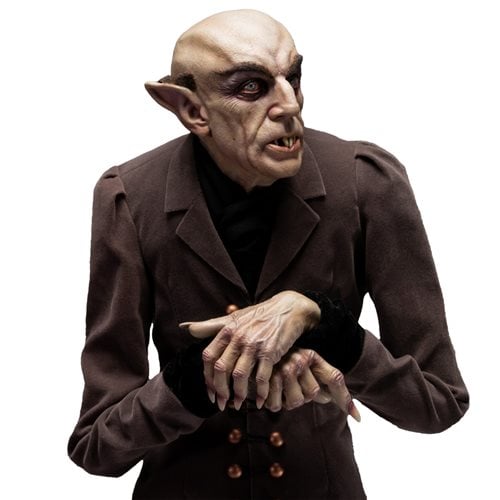CW, Warner Bros. TV, and DC Comics are determined to adapt Comics' "Wonder Woman", as a TV series, in the dramatic 'female-centric' style of the network's other DC adaptations, "Smallville" and "Arrow".

In the new "Amazon" pilot script by Allan Heinberg ("Grey's Anatomy") the focus will be on 'budding' young 'Diana of Themyscira', and the powerful 'Amazon' female warriors she grows up with, before she realizes her destiny as the world's superhuman 'Wonder Woman'.

The best known adaptation of the 'Wonder Woman' character was the three-season live-action series in the 1970's, starring actress Lynda Carter as the 'Amazon Princess' and her alter ego, 'Diana Prince'.

The original 'Wonder Woman' was created by William Moulton Marston, (aka 'Charles Moulton') who saw the educational potential of comic books and in 1941 was hired as a consultant for "National Periodicals/All-Winner Comics" (DC Comics). He created his female superhero, in a field dominated by male characters, inspired by his mistress Olive Byrne, who lived with him and his wife in a 'polygamous, polyamorous' relationship.

Having 2 children with both women, Marston said that his women served as independent exemplars for WW, whose comic book adventures would be illustrated by 'Harry Peter'.

"Wonder Woman is psychological propaganda for the new type of woman who should, I believe, rule the world," Marston said, defending his character's look and depiction of sado-masochism, with stories highlighted by women tied by either a 'magic lasso' (of truth), chains or ropes.
For Marston, Wonder Woman was not primarily a role model for girls, but the vehicle through which he could get young boys familiar with the idea of being dominated by submissive women.

"Women are exciting for this one reason — it is the secret of women’s allure — women enjoy submission, being bound," Marston said.

"This I bring out in the 'Paradise Island' sequences where the girls beg for chains and enjoy wearing them".

Nearly all the early "Wonder Woman" comics included a full-length bondage panel. In one 1948 story, there were no fewer than 75 panels depicting bondage.
.jpg)
"The only hope for peace," said Marston, "is to teach people who are full of pep and unbound force to enjoy being bound."

"Only when the control of self by others is more pleasant than the unbound assertion of self in human relationships can we hope for a stable, peaceful human society.

"Giving to others, being controlled by them, submitting to other people cannot possibly be enjoyable without a strong erotic element …"
Click the images to enlarge...


















